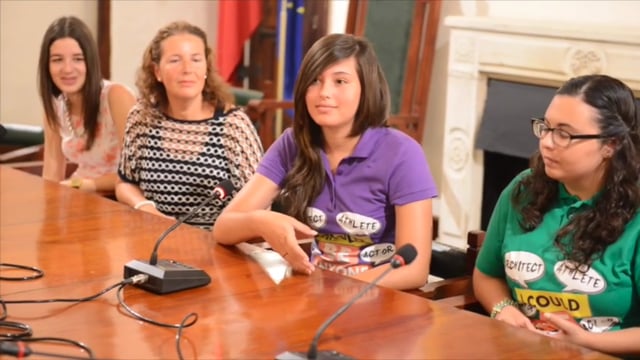Dyslexic students request more academic assistance
Speaker to present petition in Parliament calling for academic assistance for dyslexic persons




Speaker of the House, Anglu Farrugia, will this evening be presenting a petition for discussion in Parliament, requesting a wider range of media be offered through which dyslexic students can sit for their academic examinations.
The petition was drafted by the Dyslexic Teens Dialogue Group - a group of young students suffering from dyslexia, as well as teachers and parents of dyslexic persons.
Describing it as a "great initiative", Farrugia said that it was the first time in his lifetime that such a petition was presented by youngsters.
"You have managed to spread your message to Parliament's corridors and should be commended for that," he said. "You should look at your condition with optimism and it should never be seen as a barrier to furthering your career."
The petition, with the apt heading 'We want to start a conversation', was presented to Farrugia in the Committees Room in parliament and, amongst other suggestions, proposes that students suffering from conditions which could somewhat hamper their academic performance like dyslexia are given alternative means of assessment.
"I will, with immediate action, be presenting this petition for discussion in Parliament," the Speaker said, adding that this should not be the group's first and last meeting in parliament.
It is a type of social stigma which often affected dyslexic persons, as one student explained. "You are not only penalised when struggling to read or write but you are then teased because of it," he said.
"In my case, I could understand the questions but I could not write out the answers. It is like having your hands tied behind your back."
Another student said that whilst other students suffering from other conditions were usually offered help in the form of an LSA, dyslexic students were often not provided with such assistance. "We could be losing a lot of talent due to the fact that assistance is not given," his teacher said.
Meanwhile, several parents - who were also present for the meeting - expressed their gratitude towards Farrugia for understanding their concerns.
"We came here because we have faith," he said. "We also know, though, that these things usually take very long to be implemented. We are, therefore, asking for Parliament to not side-track this issue any longer.
"What these students have done could help benefit future generations but it is also our wish for them to benefit too."


.png)

.png)



.jpg)




.jpg)






.png)


